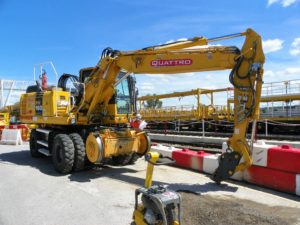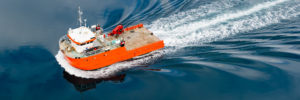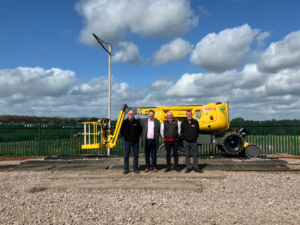Delaying investment in net zero fishing vessels is a risky strategy, according to a new study commissioned by Fisheries Innovation & Sustainability.
The study by Macduff Ship Design explains that net zero fuels are currently no match for diesel-powered fishing vessels, but failing to invest in this technology and the associated safety, training and infrastructure now could leave fleets unviable sooner than expected.
Link to Report – https://lnkd.in/ezMDxzDW
Naval Architect Duncan Boag reviewed three existing diesel fishing vessels to see if a new ‘net zero’ vessel using alternative fuels, power systems and drivetrains could replicate their capabilities. With help from Exeter University’s Centre for Future Clean Mobility, phase 2 of the study will go on to produce concept designs for these vessels utilising the most promising options. These concepts will help us understand the technical, regulatory and financial barriers preventing the uptake of new technology by the UK fishing industry.

Professor Christopher Smith, Director of the Centre for Future Clean Mobility, is worried that skippers might have to find workable alternatives to diesel sooner than expected. He said,
“Diesel sales in the UK are dominated by road cars, and that demand is going to fall rapidly in the next few years. In 4-5 years’ time UK diesel sales could have dwindled to 30% of today’s demand. I can’t help but think this will affect both fishing vessel diesel fuel prices and availability.”
“Getting MCA approval to use alternative fuels is difficult right now, and even getting sufficient data to start the approvals process is very tricky. We are starting a project later this year, funded by the Regulators’ Pioneer Fund, to develop regulations for a new class of vessel – a prototype vessel – and MCA is a partner in this. We expect in two years’ time there will be a route for new propulsion systems to get to sea for testing, to open the door for full classification approval. We are looking for fishing businesses to join a user panel for this project.”




